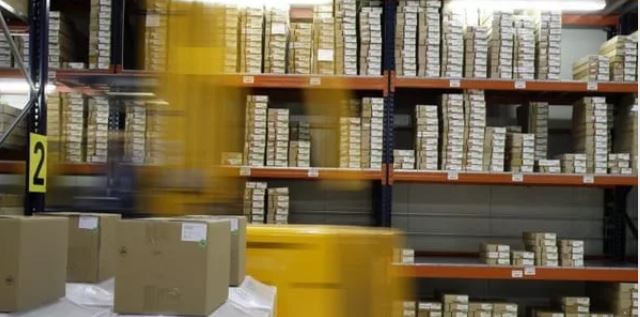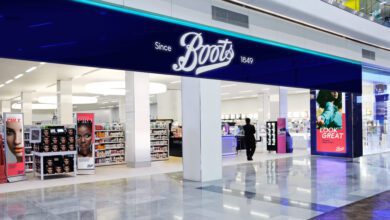Comment
What implications will the Royal Mail strike have on UK retailers?

Royal Mail workers have voted to strike over job insecurity and employment terms and conditions, raising concerns that there could be walkouts in the run-up to Christmas. The announcement comes as we approach the retail industry’s crucial Q4 period where Black Friday, Cyber Monday and Boxing Day sales all take centre stage.
You'll need to
subscribe to unlock this content. Already subscribed? Login?






